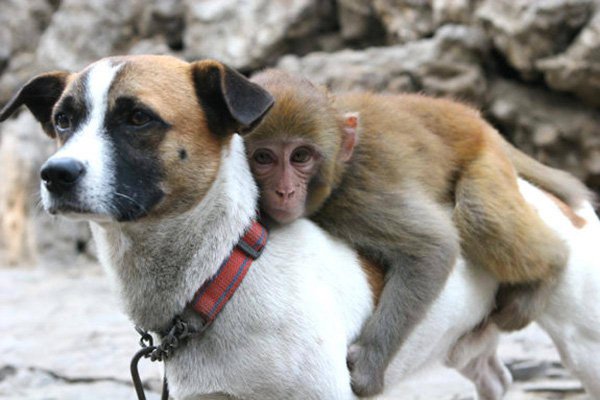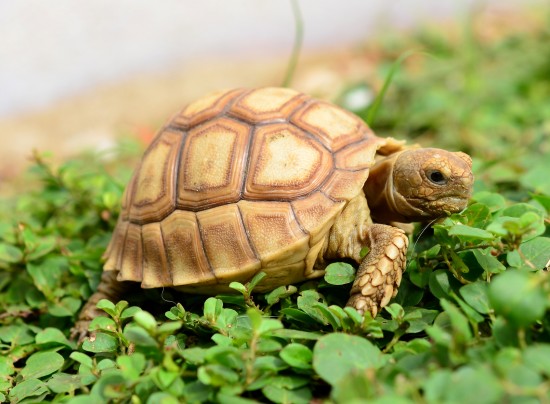Almost all of us find it hard to resist the charms of a golden retriever. They are full of energy, extremely friendly, are wonderfully smart and have incredible gold fur that gives them their name. It is one the most beloved dogs of all time, especially in the U.S. Highly adaptable, they have found homes not only in households but among professionals, working alongside police, rescue and in the assistance of those in need.
A golden retriever is a born hunter. It gets this instinct from its ancestors, who were the original retrievers of the Scottish highlands back in the 1800s. They were originally a cross breed between yellow retrievers and tweed spaniels. Though the tweed spaniel eventually became extinct, the resulting dog became so well adapted to the Scottish environment that many hunters utilized them for hunting. Their popularity led them to be bred with other dogs like the Irish setters and blood hounds, and tweed water spaniels. This resulted in the golden retriever as we know and love it today.
This hunting background makes golden retrievers very active dogs. They are workaholics and will take almost any task or activity to heart. They love taking walks as well as swimming and exercising both physically and mentally. They have highly developed learning abilities making them prime candidates for special purpose dogs, like the dogs used in rescue and police work. They can even be trained to support the feeble and the elderly. However due to their active nature, golden retrievers expect a lot of attention from their owners. They also need lots of room and exercise. This may prove to be a difficult responsibility to handle if you live in a small apartment and have little free time to lavish on your companion. They are very friendly and naturally affectionate, even to strangers and children. This makes them excellent family pets but terrible guard dogs.
Although they usually live to be about 10 to 14 years of age, the golden retriever is prone to a host of hereditary diseases. This is due in some part to the side effects of pure breeding but is also worsened by improper breeding techniques conducted by most breeders and pet stores in order to sell more puppies at the cost of their health. These dogs live unhealthy lives, regardless of their environment due to their susceptibility to diseases like cataracts, allergies, entropion, thyroid problems, epilepsy, cancer and hip displaysia. To help in putting a stop to this practice and to ensure that the golden retriever puppy you are getting is healthy, you should always ask your breeder for OFA or CERF papers which ensure the breeding or parent animals are healthy and prime candidates for breeding.
Although it can be tough at times and can demand a great responsibility from you, the years of genuine loyalty, friendship, and companionship a great golden retriever will give you and your loved ones is well worth the effort.

 That's how long dogs have been our best friends!
That's how long dogs have been our best friends!
That's how long dogs have been our best friends!
That's how long dogs have been our best friends!
 Is A Wet Food Diet Healthy For Your Cat?
Is A Wet Food Die
Is A Wet Food Diet Healthy For Your Cat?
Is A Wet Food Die
 Dominance In Dogs - Dog Behaviour
Dominance In Dogs
Dominance In Dogs - Dog Behaviour
Dominance In Dogs
 All About Reptile Brumation
All About Reptile
All About Reptile Brumation
All About Reptile
 How To Tell When To Interact With A Puppy, And When To Leave It Be
How To Tell When
How To Tell When To Interact With A Puppy, And When To Leave It Be
How To Tell When